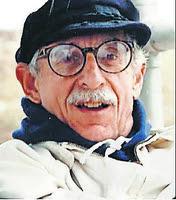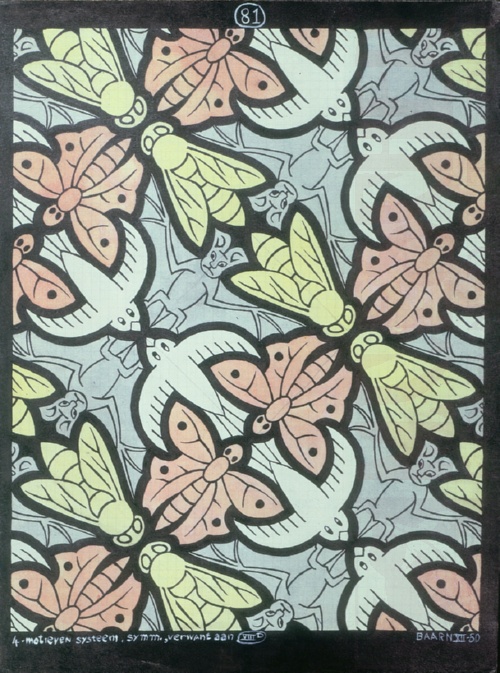 |
David Chalmers Born May 16,1927 Died October 25, 2020 |
Although with the loss of David Chalmers, we have lost a precious piece of our meeting, we can be comforted in the knowledge that David left a legacy which continues to speak. Among the ways in which David's influence continues to live is through his book, And the Crooked Places Made Straight: The Struggle for Social Change in the 1960s.
David chose as the title for his book, words from the 45th chapter of Isaiah which Martin Luther King had included in his March on Washington speech. David was immersed in the civil rights movement himself, but he brought his experience as a historian and a college professor to the task of describing the forces which defined the period as well. David was looking back on the 1960's from the perspective of 2013.
Kelley Rouchka wrote a thorough review of David's book on the struggle for social change. In it Rouchka states, "Chalmers has successfully crafted an engaging and thoughtful overview of a period defined by tumultuous social change. His rendering of the New Left, particularly the later, radical strains of SDS, as a failure, is outdated, though. 'The campus and antiwar dissent,' he maintains, 'failed to create the theory and organizational means for developing a Left tradition or an enduring student political culture' (p. 68). While Chalmers sees a failing student political culture, it should be noted that this position neglects to acknowledge that SNCC, SDS, and other organizations paved an avenue of dissent for such movements as gay rights and the environmental movement."
From a news article published in the Gainesville Sun:
"Canadian-born Jean Chalmers [in the early 60's] was newly arrived in Gainesville with her history professor husband, David. Chalmers realized she was in a different world when she was walking downtown on a very rainy day sheltered by the overhang outside Rice Hardware.
“An elderly black couple was walking the other way,” she says, “and they stepped off the sidewalk into the street so I could pass."
“I went home and told David ‘I can’t live in a society like this’,” Chalmers recalls.
“And I told her,” David Chalmers says, “that we can leave or you can do something about it.” Chalmers co-founded the Gainesville Women for Equal Rights, a coalition of faculty wives and east Gainesville women. Over the course of nearly 15 years GWER campaigned to desegregate local recreational facilities, stop the segregation of black and white patients at Alachua General Hospital, shine a light on appalling housing conditions in east Gainesville and conduct black voter registration drives.
“We were unemployed faculty wives,” she laughs, “and a dangerous bunch.”
I think that David knew that he was unleashing a mighty force when he
told Jean and through her the women of Gainesville to "do something
about it."
[1] Thus saith the LORD to his anointed, to Cyrus, whose right hand I have holden, to subdue nations before him; and I will loose the loins of kings, to open before him the two leaved gates; and the gates shall not be shut;
[2] I will go before thee, and make the crooked places straight: I will break in pieces the gates of brass, and cut in sunder the bars of iron:
[3] And I will give thee the treasures of darkness, and hidden riches of secret places, that thou mayest know that I, the LORD, which call thee by thy name, am the God of Israel.
[4] For Jacob my servant's sake, and Israel mine elect, I have even called thee by thy name: I have surnamed thee, though thou hast not known me.
[5] I am the LORD, and there is none else, there is no God beside me: I girded thee, though thou hast not known me:
[6] That they may know from the rising of the sun, and from the west, that there is none beside me. I am the LORD, and there is none else.
[7] I form the light, and create darkness: I make peace, and create evil: I the LORD do all these things.
[8] Drop down, ye heavens, from above, and let the skies pour down righteousness: let the earth open, and let them bring forth salvation, and let righteousness spring up together; I the LORD have created it.
[9] Woe unto him that striveth with his Maker! Let the potsherd strive with the potsherds of the earth. Shall the clay say to him that fashioneth it, What makest thou? or thy work, He hath no hands?
[10] Woe unto him that saith unto his father, What begettest thou? or to the woman, What hast thou brought forth?
[11] Thus saith the LORD, the Holy One of Israel, and his Maker, Ask me of things to come concerning my sons, and concerning the work of my hands command ye me.
[12] I have made the earth, and created man upon it: I, even my hands, have stretched out the heavens, and all their host have I commanded.
[13] I have raised him up in righteousness, and I will direct all his ways: he shall build my city, and he shall let go my captives, not for price nor reward, saith the LORD of hosts.




.jpg)
